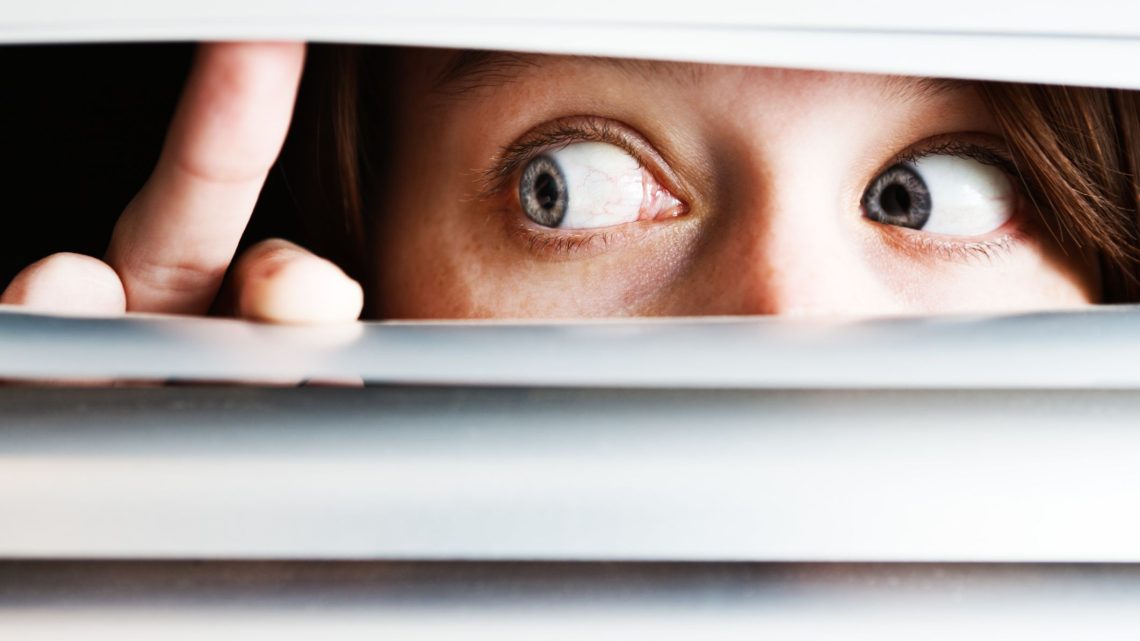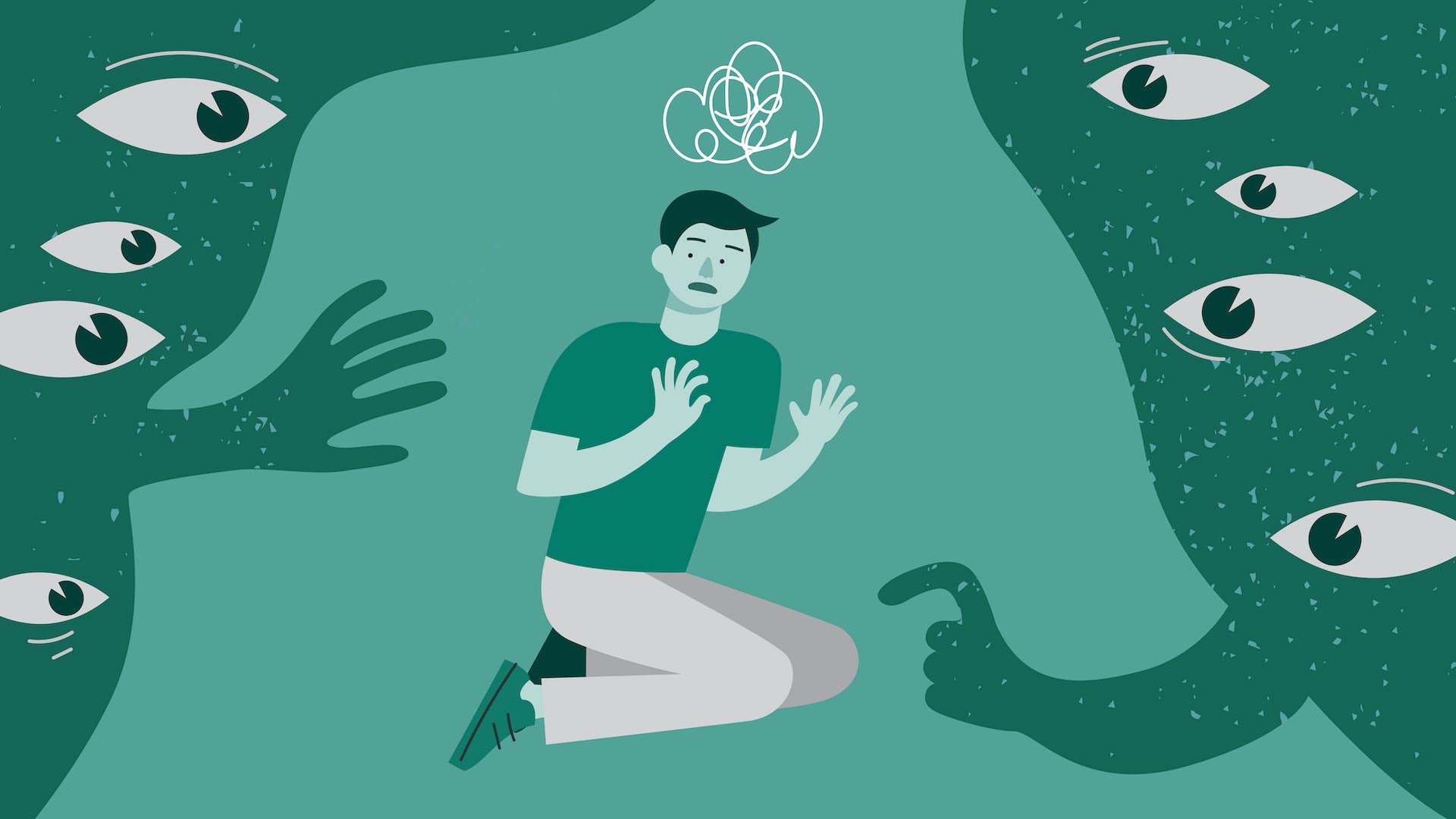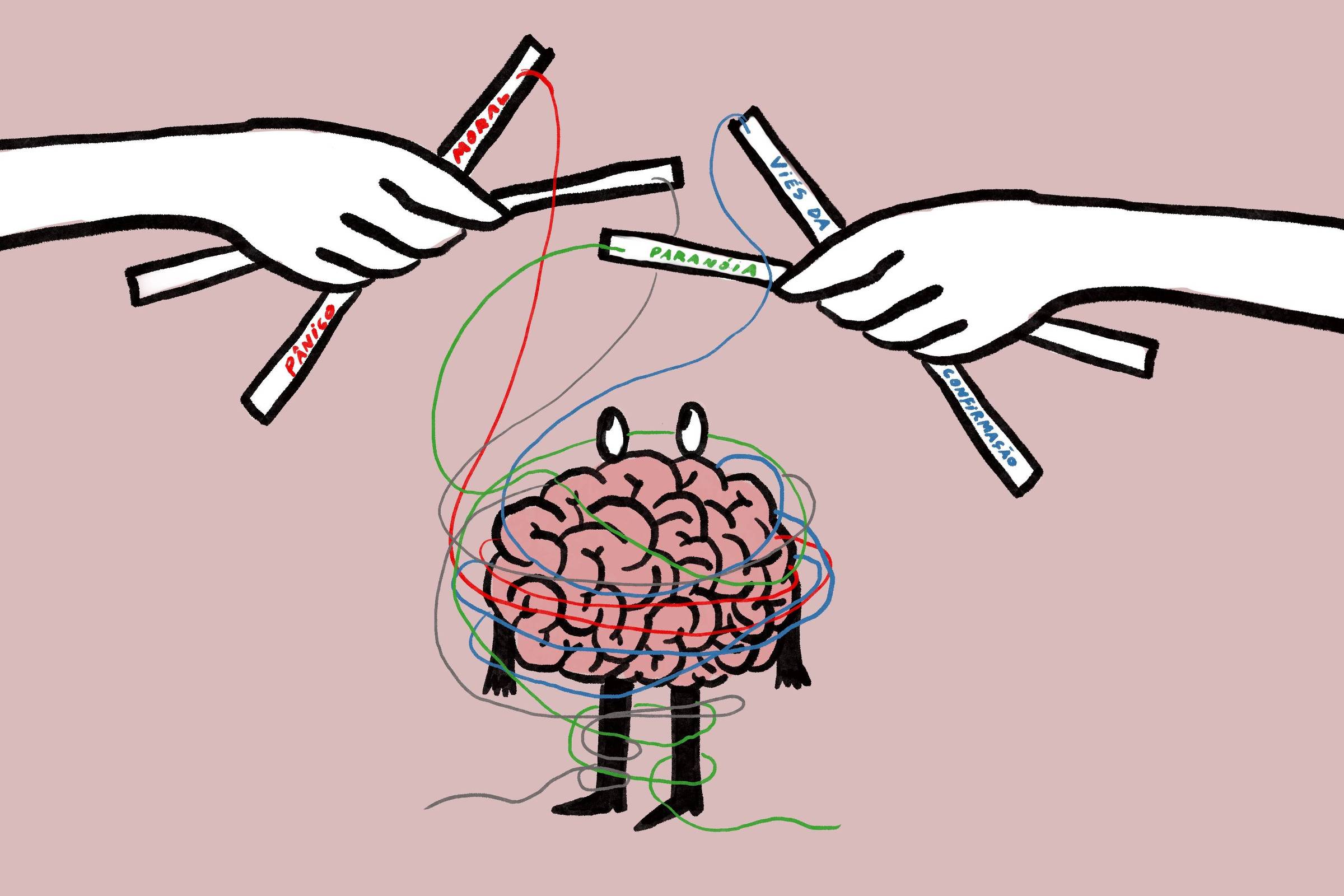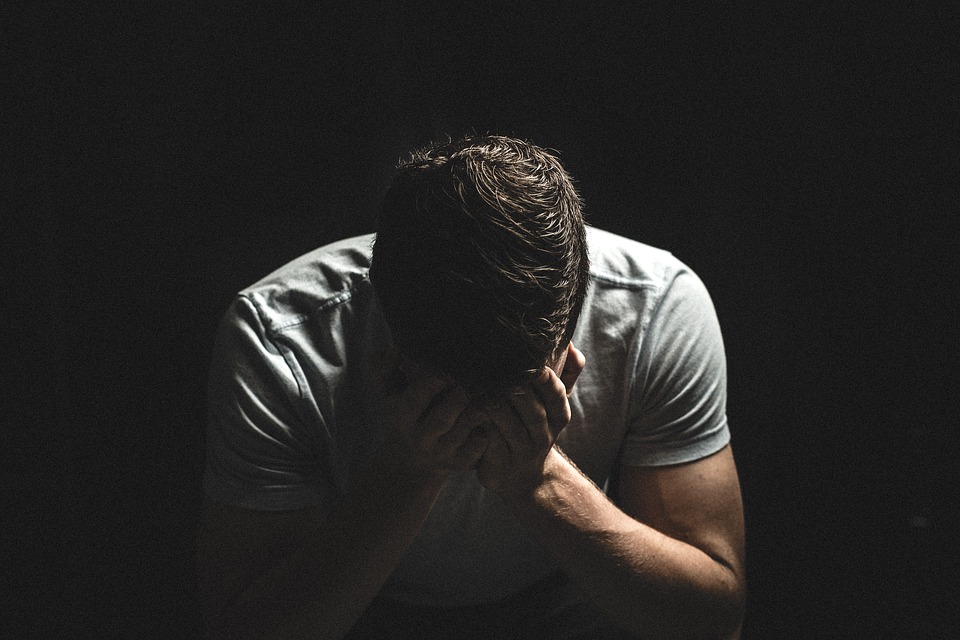
Understanding Your Paranoia
Paranoia is thinking and feeling like you are being threatened in some way, even if there is no evidence, or very little evidence, that you are. Paranoid thoughts can also be described as delusions. There are lots of different kinds of threat you might be scared and worried about.
Paranoid thoughts could also be exaggerated suspicions. For example, someone made a nasty comment about you once, and you believe that they are directing a hate campaign against you.
What kind of things can you be paranoid about?
Everyone will have a different experience of paranoia. But here are some examples of common types of paranoid thoughts.
You might think that:
- you are being talked about behind your back or watched by people or organisations (either on or offline)
- other people are trying to make you look bad or exclude you
- you are at risk of being physically harmed or killed
- people are using hints and double meanings to secretly threaten you or make you feel bad
- other people are deliberately trying to upset or irritate you
- people are trying to take your money or possessions
- your actions or thoughts are being interfered with by others
- you are being controlled or that the government is targeting you
You might have these thoughts very strongly all the time, or just occasionally when you are in a stressful situation. They might cause you a lot of distress or you might not really mind them too much. Most people have paranoid thoughts about threats or harm to themselves but you can also have paranoid thoughts about threats or harm to other people, to your culture or to society as a whole.

What counts as a paranoid thought?
Paranoid thoughts are usually to do with your ideas about other people and what they might do or think. It can be difficult to work out whether a suspicious thought is paranoid or not, especially if someone else says your thoughts are paranoid when you don’t think they are. This could be a friend, family member or doctor, for example.
People may think about risks in different ways and believe different things are good or bad evidence for suspicious thoughts. People might also believe different things based on the same evidence. Ultimately you have to decide this for yourself.
Suspicious thoughts are more likely to be paranoid if:
- no one else shares the suspicious thought
- there’s no definite evidence for the suspicious thought
- there is evidence against the suspicious thought
- it’s unlikely you would be singled out
- you still have the suspicious thought despite reassurance from others
- your suspicions are based on feelings and ambiguous events
What about justified suspicions?
Not all suspicious thoughts are paranoid. We all have good reason to be suspicious sometimes. Justified suspicions are suspicions that you have evidence for. For example, if lots of people have been mugged on your street, it is not paranoid to think that you might be mugged too and take care when walking through your area. Justified suspicions can help keep you safe.
Evidence and justification can be lots of different things. Your evidence might be an individual experience but it might be a history of persecution or discrimination. For example, if you are a young black man and you know that police target more young black men for stop and search, it’s not paranoid to feel under greater threat of a stop and search yourself.
Is paranoia a mental health problem?
Paranoia is a symptom of some mental health problems but not a diagnosis itself. Paranoid thoughts can be anything from very mild to very severe and these experiences can be quite different for everybody. This depends on how much:
- you believe the paranoid thoughts
- you think about the paranoid thoughts
- the paranoid thoughts upset you
- the paranoid thoughts interfere with your everyday life
Lots of people experience mild paranoia at some point in their lives – maybe up to a third of us. This is usually called non-clinical paranoia. These kind of paranoid thoughts often change over time – so you might realise that they are not justified or just stop having those particular thoughts. At the other end of the spectrum is very severe paranoia (also called clinical paranoia or persecutory delusions). If your paranoia is more severe then you are more likely to need treatment.

How could paranoia affect me?
You might do or feel specific things as a result of your paranoid thoughts. These things can feel helpful at the time – but in the long term they could make your paranoia worse.
Safety behaviours are things you do that make you feel safe. For example, you might avoid certain people or places, stay indoors a lot or wear protective clothing. These are also known as safety seeking behaviours.
If you think someone is threatening you or wants to harm you in some way, you may behave suspiciously or aggressively towards them. You might push them away or decide that you are better off without them. But this means that people might start to treat you differently. They might try to avoid you too. It might become harder to make or keep friends. This can make you feel as if your beliefs were justified in the first place.
Safety behaviours can sometimes start to act as evidence for your paranoid thoughts. You might think that you are safe because you do those things and then do them even more. But this means you don’t have a chance to try different ways of coping with scary situations or to test your beliefs and see if they are justified or not.
Paranoid thoughts can also make you feel alone. You might feel as if no one understands you, and it can be hard when other people don’t believe what feels very real to you. If you avoid people or stay indoors a lot, you may feel even more isolated.
You might also feel anxious and worried about your paranoid thoughts or feel low and sad about what they mean and how they affect your life. Anxiety and low mood might make you more vulnerable to paranoid thoughts. Research has also shown that people who are more anxious or have low mood are more distressed by paranoid thoughts.
There are a lot of misunderstandings about what it means to experience paranoia. It’s important to remember that you aren’t alone and you don’t have to put up with people treating you badly. Share your views in the comments below, if you want us to cover more on the topic.
You May Also Like

Classifying Personality – Understanding the MBTI
2022-09-02
I Have Trouble Being Faithful.
2021-08-27

